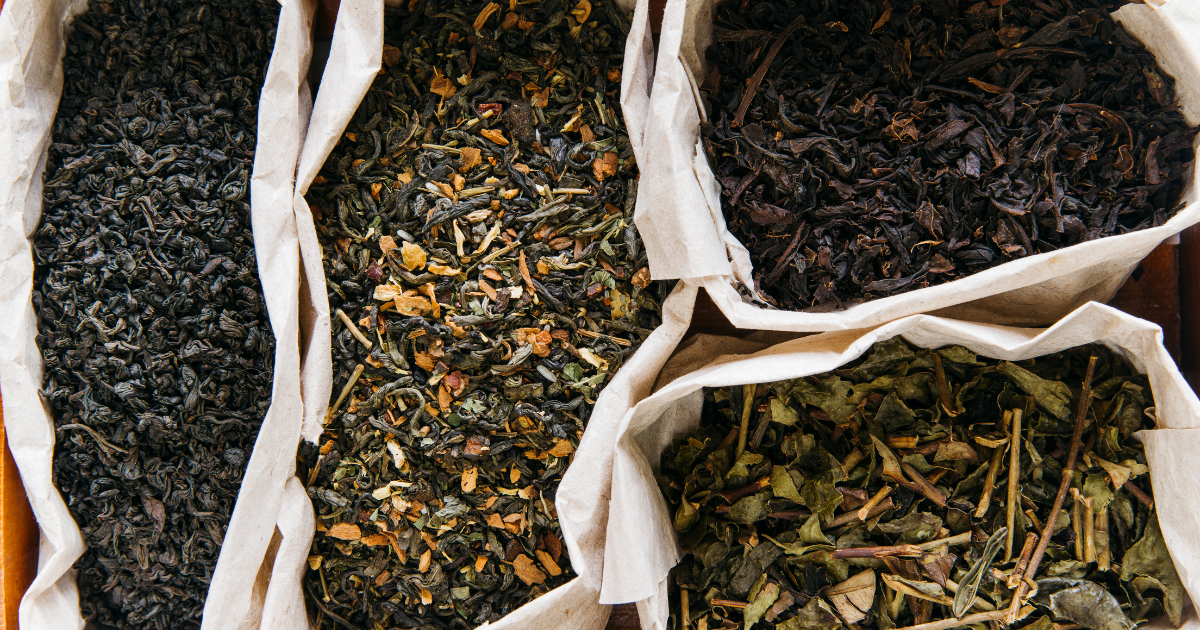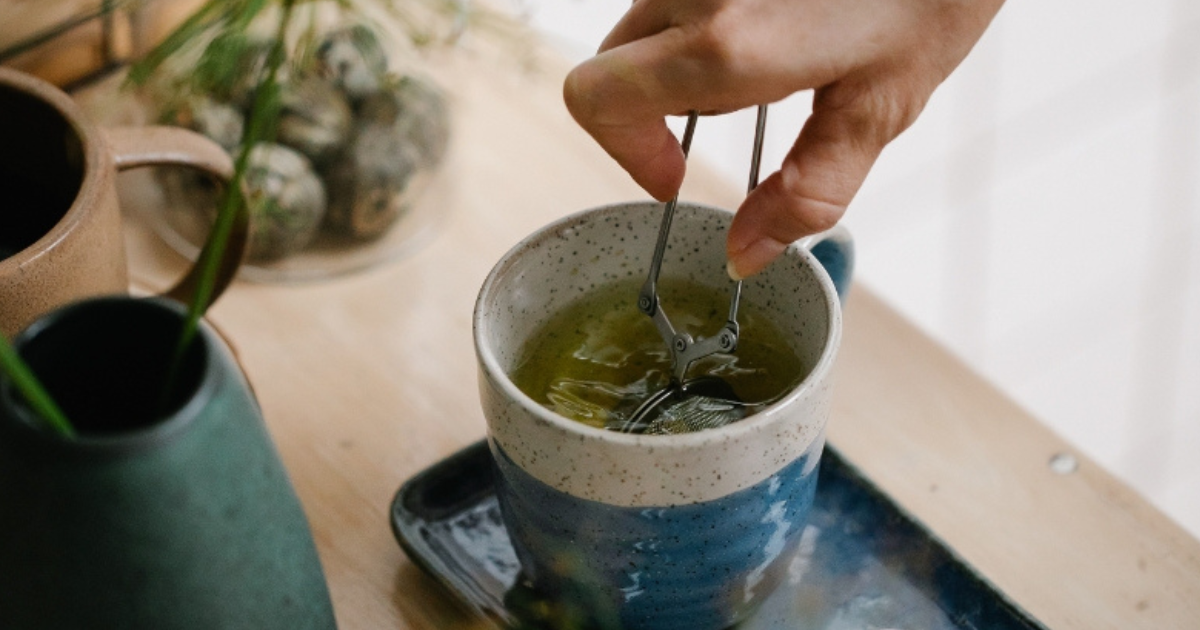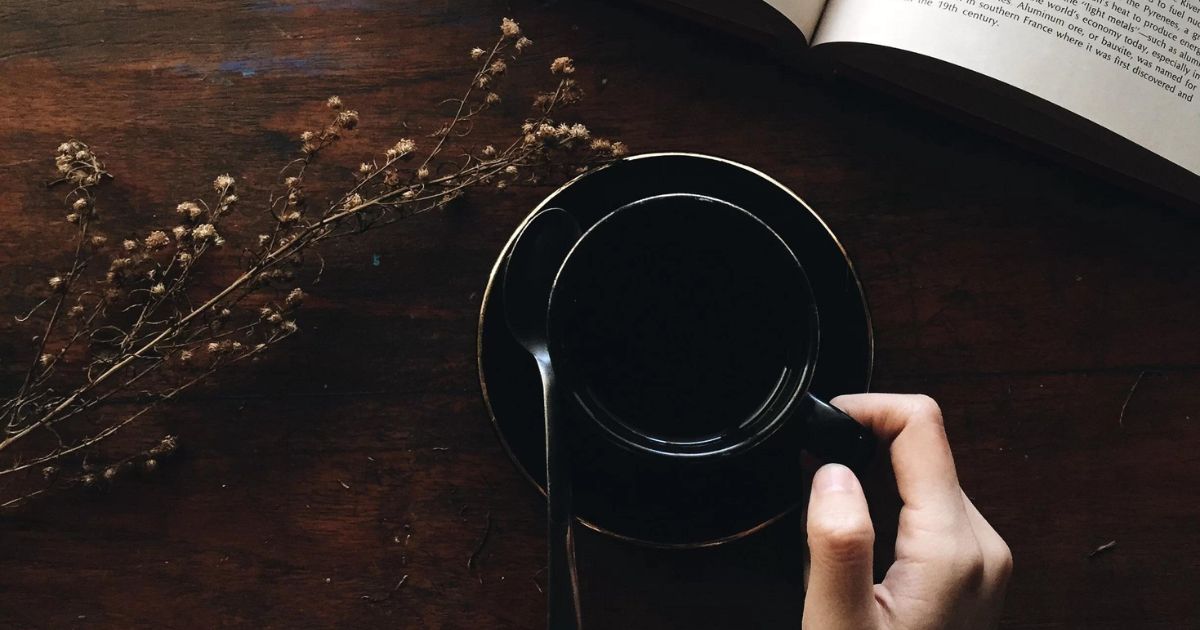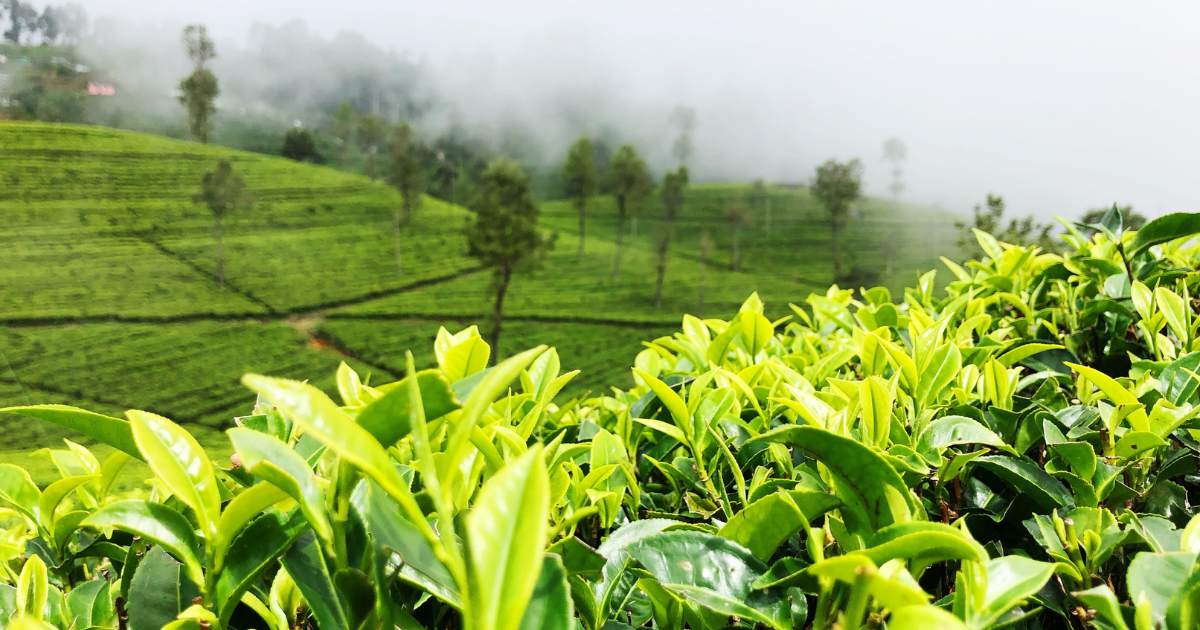Tea Traditions from Around the World: A Celebration of Flavor and Culture
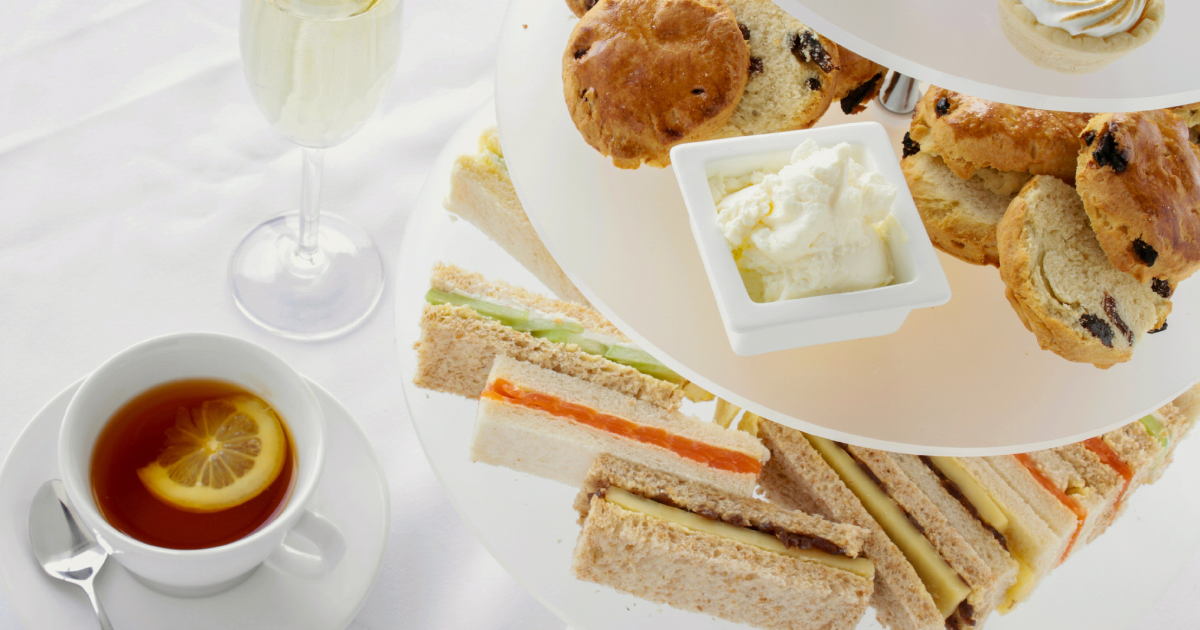
If you have a passion for tea, you are part of a long-standing tradition that spans across cultures and centuries. Tea has been cherished and enjoyed worldwide, with each culture adding its own unique touch to the preparation and consumption of this beloved beverage. Let’s delve into the mesmerizing tea traditions from various parts of the world.
China: The birthplace of tea
China is widely acknowledged as the birthplace of tea, boasting a rich tea culture. Chinese tea ceremonies are renowned for their elaborate nature, with different teas served in distinctive vessels. One such ceremony, the Gongfu tea ceremony, originated in the Fujian province. It features small clay teapots and tiny cups, highlighting the tea brewer’s skill in crafting the perfect cup.
Japan: The beauty of simplicity
In Japan, tea is not just a beverage; it is an art form. The Japanese tea ceremony, known as chanoyu, is a meticulously choreographed ritual that emphasizes simplicity, harmony, and respect. Matcha, powdered green tea, is prepared and served in small bowls. The ceremony often incorporates a meal and involves intricate movements and gestures in the tea’s preparation and presentation.
India: Chai for all occasions
Chai, the Hindi word for tea, holds a special place in the hearts of many in India. Made with black tea, milk, and sugar, chai is savored in small cups and enjoyed multiple times a day. In Indian households, chai is often infused with a variety of herbs and spices like ginger, cardamom, cinnamon, and cloves, adding a delightful twist to this beloved beverage.
England: Afternoon tea
Afternoon tea has become an iconic tradition in England, with its origins dating back to the early nineteenth century. While it is often associated with fancy hotels and restaurants today, it initially served as a light meal bridging the gap between lunch and dinner. Afternoon tea typically includes a selection of sandwiches, scones, cakes, and pastries, all accompanied by a steaming cup of tea.
Morocco: Mint tea
Moroccan mint tea is a refreshing and fragrant drink that serves as a welcoming gesture in homes and cafes throughout the country. This tea combines gunpowder green tea, fresh mint leaves, and sugar, often poured from a height to create a frothy texture. In Moroccan culture, offering tea is a symbol of hospitality and friendship.
Russia: Samovars and tea time
Russia has embraced the tradition of tea time, usually observed in the late afternoon or early evening. The use of a samovar, a large metal urn for heating and dispensing water, is common in Russian tea preparation. Tea is often accompanied by an array of sweet and savory snacks, including cakes, jams, and sandwiches, creating a delightful tea-time experience.
Argentina: Yerba mate
In Argentina, yerba mate is a herbal tea believed to possess invigorating and mood-enhancing properties. Made from the leaves of the yerba mate plant, it is traditionally enjoyed from a gourd using a metal straw called a bombilla. Sharing mate in Argentine culture symbolizes friendship and community.
In conclusion, the world is brimming with captivating tea traditions, each offering its own distinct flavors, customs, and rituals. Whether you prefer the simplicity of green tea or the grandeur of an elaborate tea ceremony, there is something for every tea lover to relish.
References:
- China: TravelChinaGuide. (n.d.). Chinese Tea Culture. Retrieved June 25, 2021, from https://www.chinahighlights.com/travelguide/culture/chinese-tea-culture.htm
- Japan: Japan Guide. (2020). Japanese tea. Retrieved June 25, 2021, from https://www.japan-guide.com/e/e2091.html
- India: Indian Mirror. (n.d.). Indian Tea. Retrieved June 25, 2021, from https://www.indianmirror.com/culture/indian-food/indian-tea.html
- England: Historic UK. (2021). A brief history of afternoon tea. Retrieved June 25, 2021, from https://www.historic-uk.com/CultureUK/Afternoon-Tea/
- Morocco: Morocco World News. (2020). Moroccan mint tea: A true symbol of hospitality. Retrieved June 25, 2021, from https://www.moroccoworldnews.com/2020/04/300098/moroccan-mint-tea-a-true-symbol-of-hospitality/
- Russia: Russia Beyond. (2019). History of Russian tea. Retrieved June 25, 2021, from https://www.rbth.com/arts/329770-history-russian-tea
- Argentina: Cup & Leaf. (2020). Yerba mate tea: A comprehensive guide. Retrieved June 25, 2021, from https://www.cupandleaf.com/blog/yerba-mate-tea



